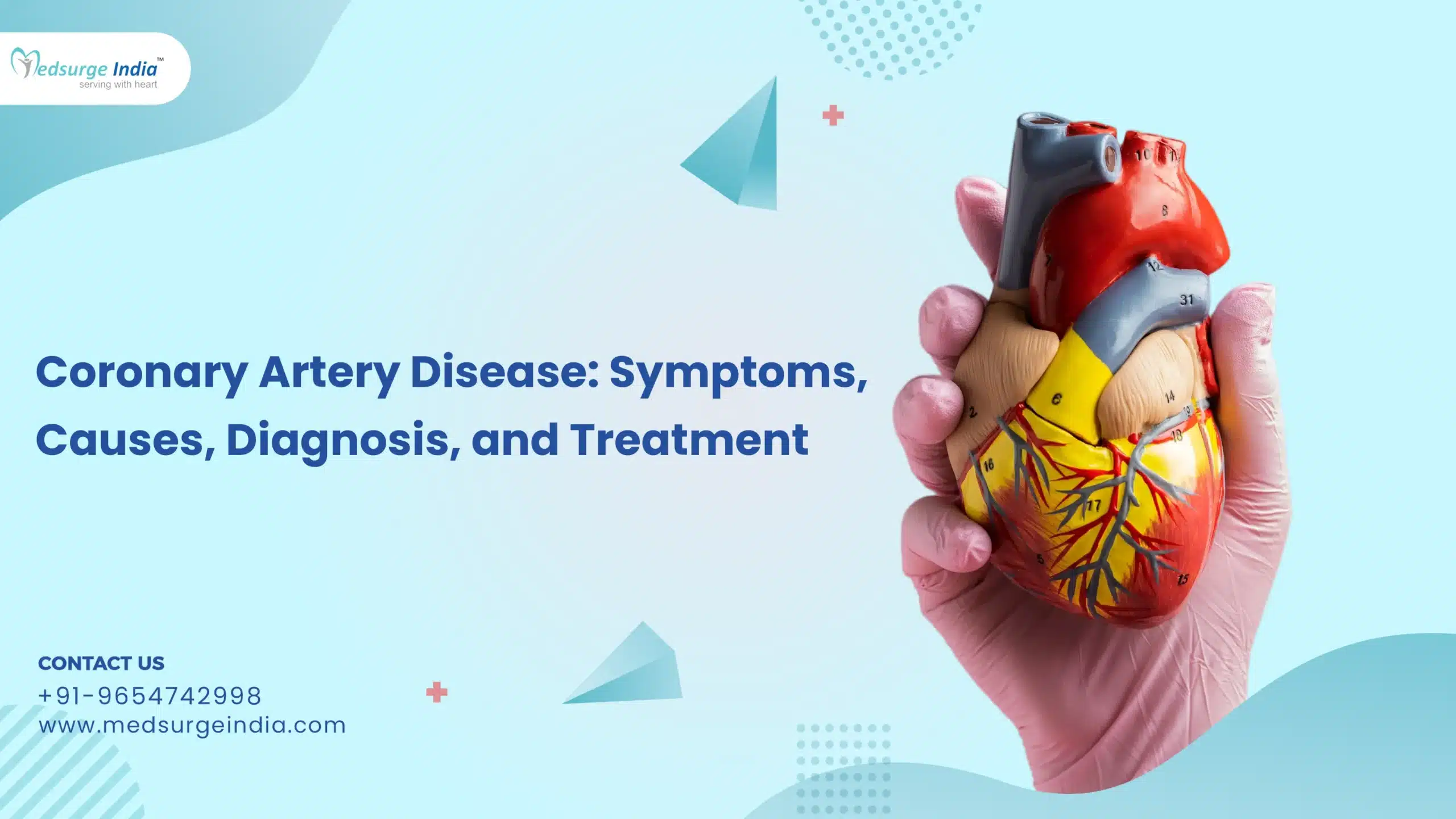
Colorectal Cancer Awareness March Month – What You Need to Know
Each year in March, National Colorectal Cancer Awareness Month provides healthcare providers who care for patients with colon and rectum diseases with a valuable opportunity to educate their communities about these diseases and raise awareness about the importance of colorectal cancer screening, prevention, and treatment. These initiatives may also serve as a window into the field of colon and rectal surgery, encouraging others to pursue careers in the field.
History of World Colorectal Cancer (CRC) Month
In February 2000, President of the United States of America (USA) announced March as National Colorectal Cancer Awareness Month. It has evolved into a speaker for colorectal cancer patients, survivors, carers, and activists, with patients, survivors, caregivers, and advocates for the cause wearing blue, organising fundraising and education events, and speaking to friends and family about screening.
What is Colorectal Cancer?
The colon or the rectum is where colorectal cancer begins. Depending on where they begin, these malignancies are referred to as colon cancer or rectal cancer. Because they share many characteristics, colon cancer and rectal cancer are sometimes lumped together.
The Colon and Rectum
Understanding the normal structure and function of the colon and rectum is helpful in understanding colorectal cancer.
The large intestine (or big bowel) is a portion of the digestive system, commonly known as the gastrointestinal (GI) system, and is made up of the colon and rectum.
The colon, a muscular tube roughly 5 feet (1.5 metres) length, makes up the majority of the large intestine. The portions of the colon are named after the direction in which food passes through them.
- The ascending colon is the first portion. It all begins with a pouch called the cecum, which receives undigested food from the small intestine. On the right side of the abdomen, it continues upward (belly).
- The transverse colon is the second portion. It runs from the right to the left side of the body.
- Because it descends (travels down) on the left side, the third portion is known as the descending colon.
- Because of its “S” form, the fourth portion is termed the sigmoid colon. The rectum meets the sigmoid colon, which finally attaches to the anus.
The proximal colon is made up of the ascending and transverse parts. The distal colon is made up of the descending and sigmoid colons.
Causes and Symptoms of Colorectal Cancer (CRC)
A change in bowel habits, such as diarrhea or constipation, or a change in stool consistency, are signs and symptoms of colon cancer. Rectal bleeding can manifest itself in the form of rectal bleeding or blood in the stool. Consistent aches and pains in the abdomen, such as cramps, gas, or discomfort.
If you have the feeling that your bowels are not completely empty, Weakness or weariness are two words that come to me when I think of weakness. There has not been any explanation for the weight decrease. Many people with colon cancer have no symptoms or indicators in the early stages. Depending on the size and location of the cancer in your large intestine, your symptoms may most likely differ.
Reach out to the doctor for best treatment options
If you have been diagnosed with colon cancer, your colon and rectal surgeon may recommend tests to determine the extent (stage) of the disease. Staging can help you figure out which treatments are best for you.
Local treatments include colon cancer surgery, rectal cancer surgery, colorectal cancer ablation and embolization, and colorectal cancer radiation therapy.
Chemotherapy for colorectal cancer, targeted therapy for colorectal cancer, and immunotherapy for colorectal cancer are examples of systemic treatments.
For the best treatment options, one should seek an online oncologist consultation with an expert colon cancer doctor as soon as possible.
Action of Prevention
There is no definite way to prevent colorectal cancer. There are, however, some things you can do to lower your risk, such as minimising the risk variables over which you have control.
Colorectal cancer screening: Screening is the process of looking for cancer or pre-cancer in people who have no symptoms of the disease. The initial abnormal cells grow into polyps, which ultimately evolve into colorectal cancer, usually takes 10 to 15 years. The majority of polyps may be found and removed before they turn into cancer with regular screening.
Diagnosis of Colorectal cancer can also be done early on, while it is still little and easier to treat. You may be able to lower your risk of colorectal cancer by regulating your diet and exercising regularly.
Overweight or obese men and women are both at an elevated risk of colorectal cancer, although the connection appears to be stronger in men. Maintaining a healthy weight can assist in lowering your risk.
If you are more active, you are less likely to develop colorectal cancer and polyps. Moderate-to-vigorous exercise on a regular basis can help to lower the risk. Reduce your risk by limiting the amount of time you spend sitting and lying down. Increasing the amount and intensity of your physical exercise may assist to reduce your risk.
Eat more vegetables, fruits, and whole grains while avoiding red and processed meats to lower your risk. It’s likely that refraining from consuming alcohol will reduce your risk. Quitting smoking may lower your risk of colorectal cancer and a range of other malignancies.












